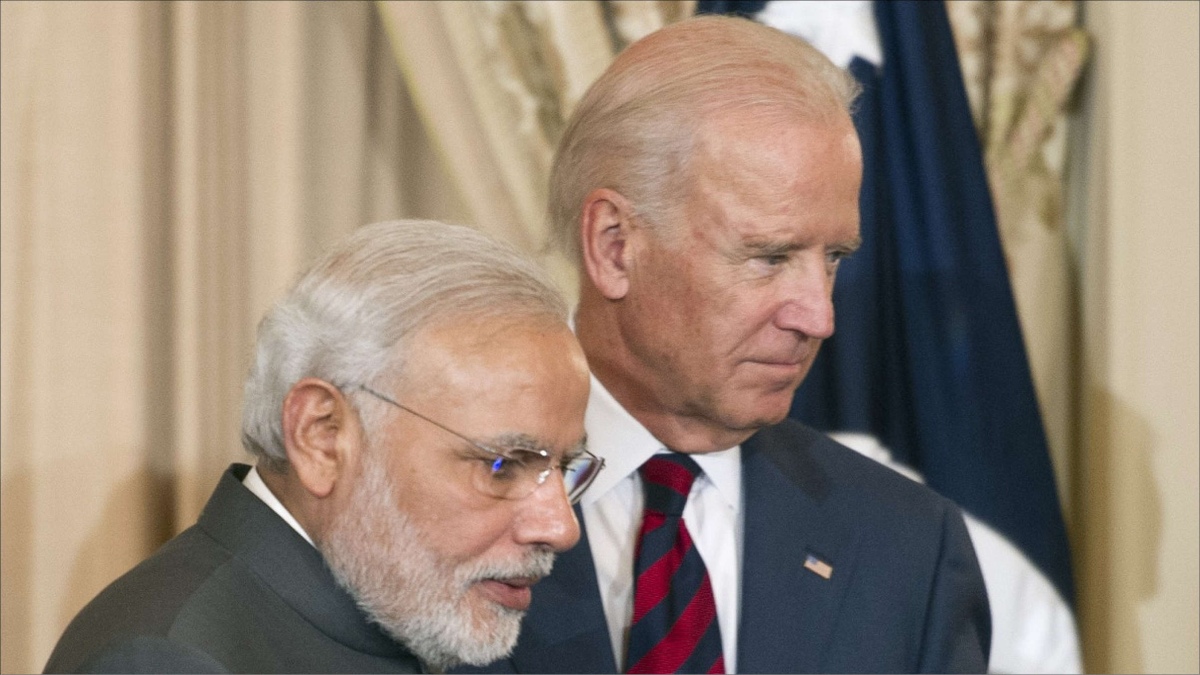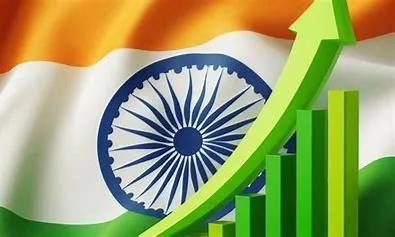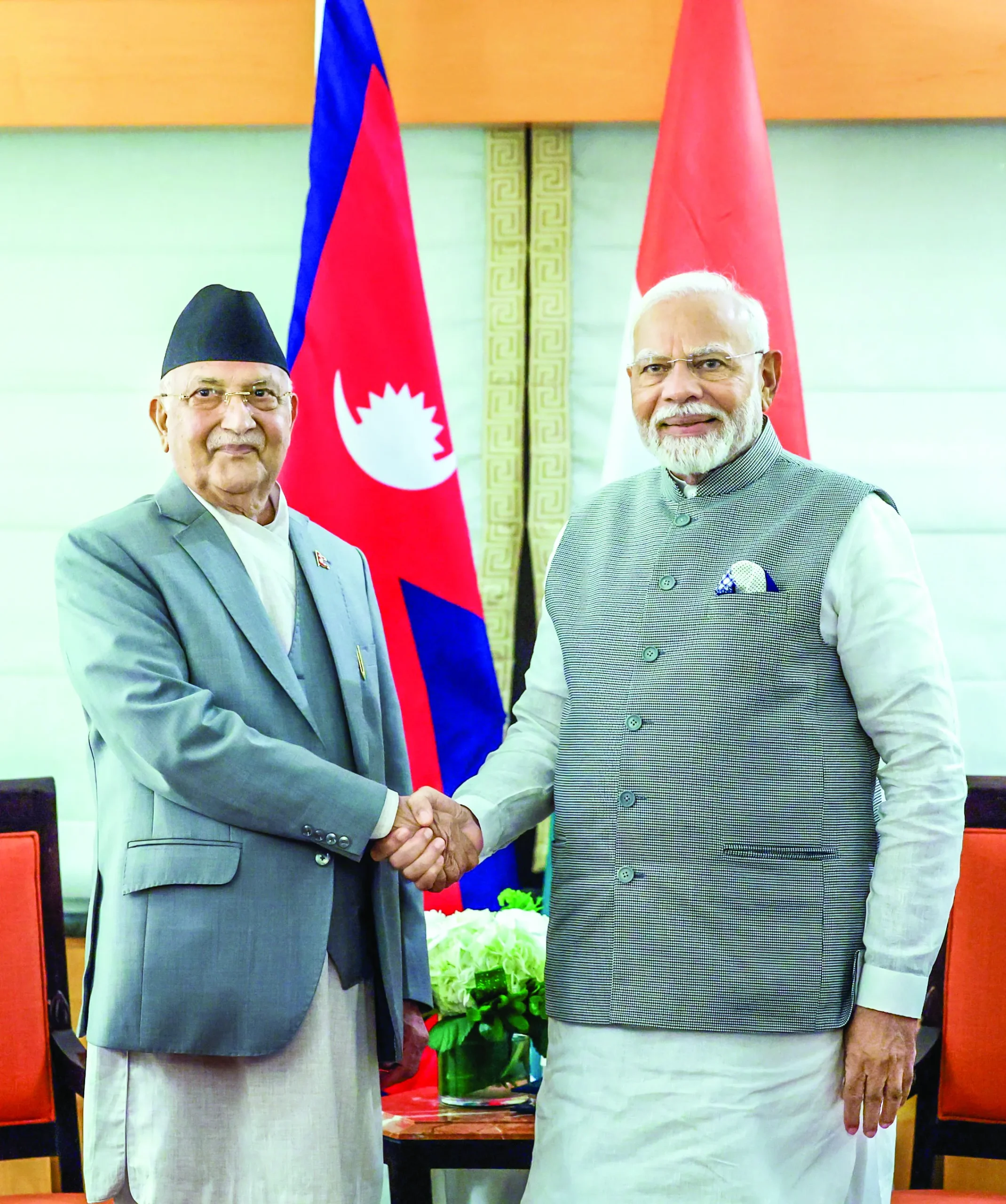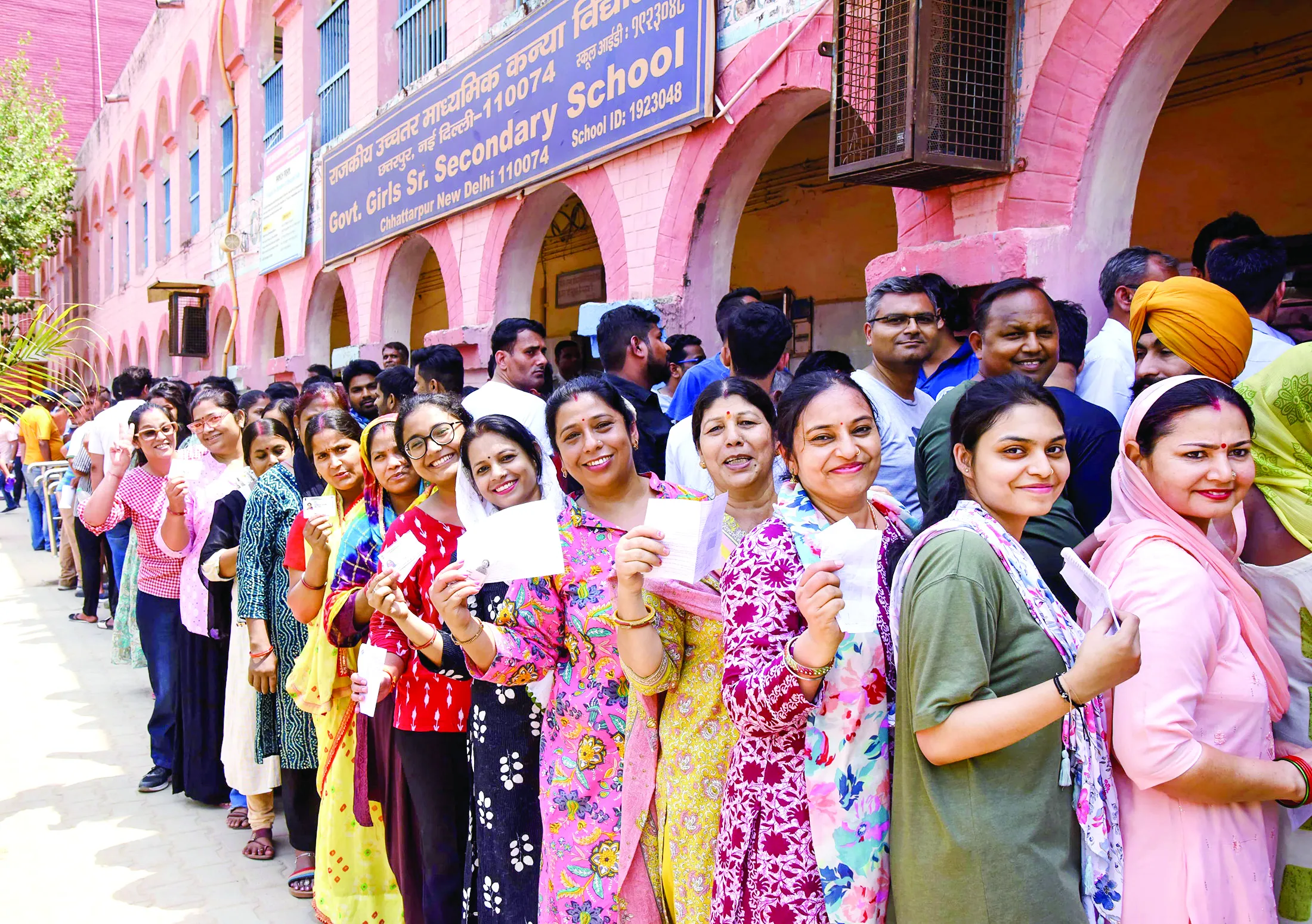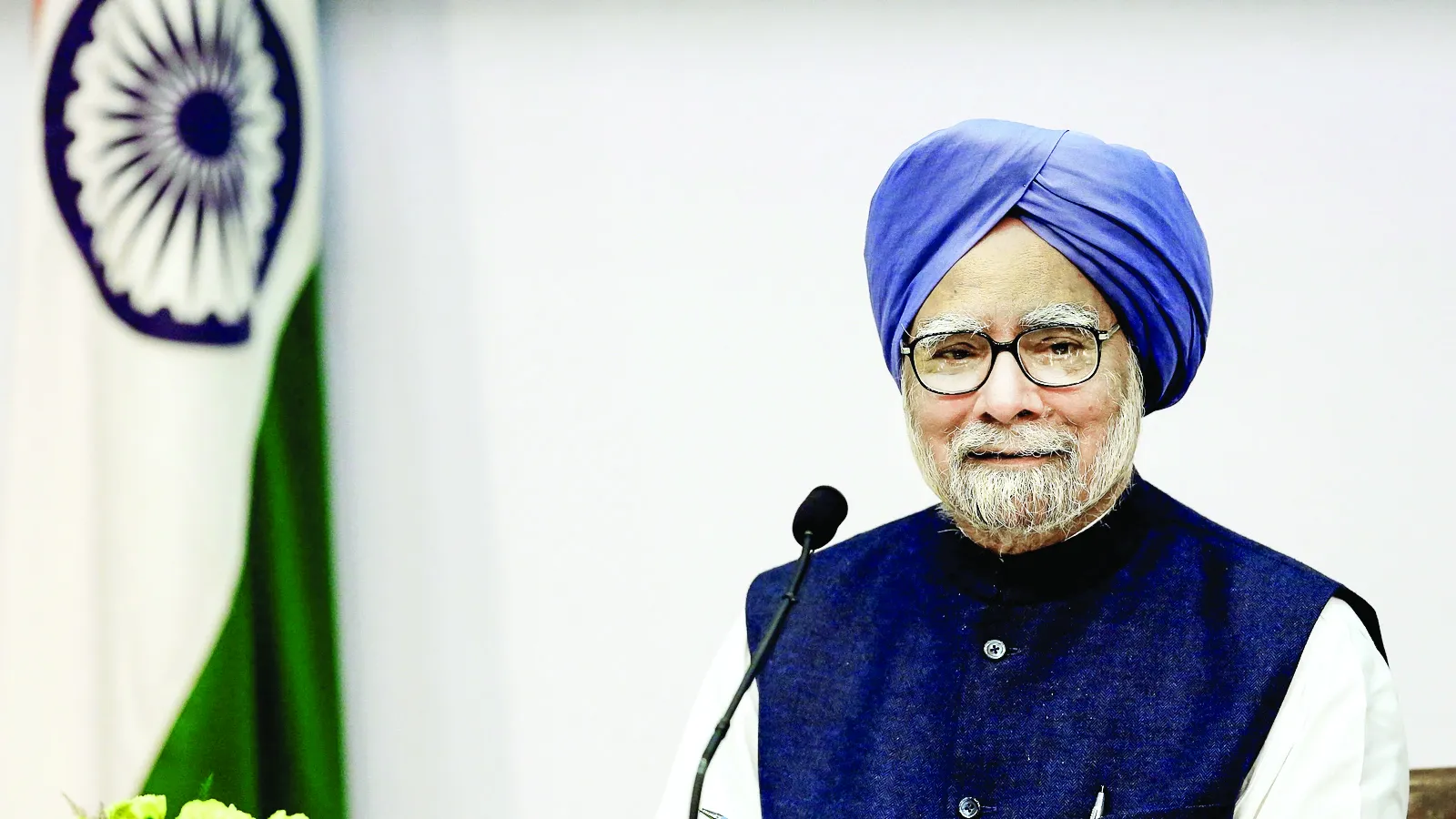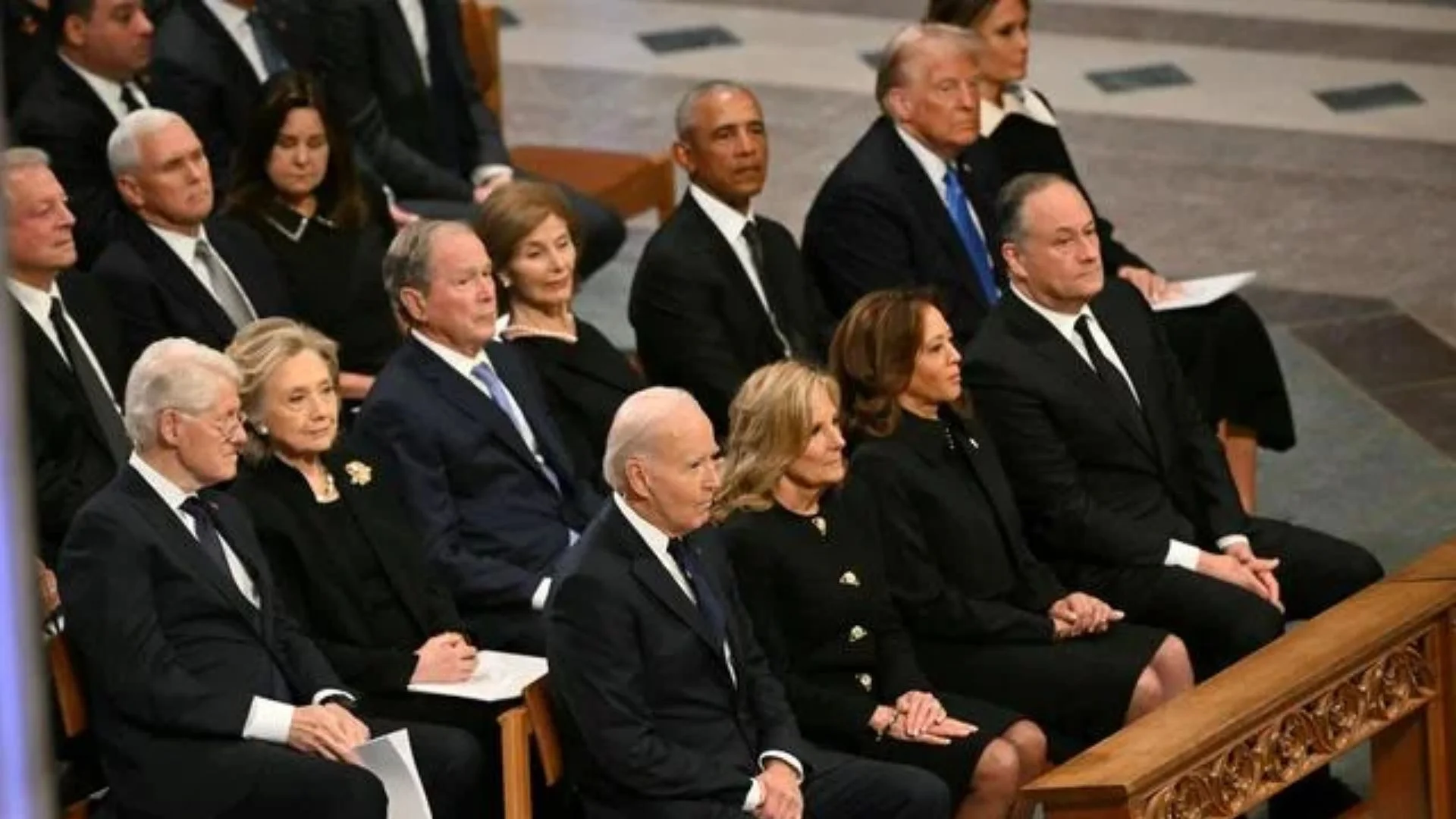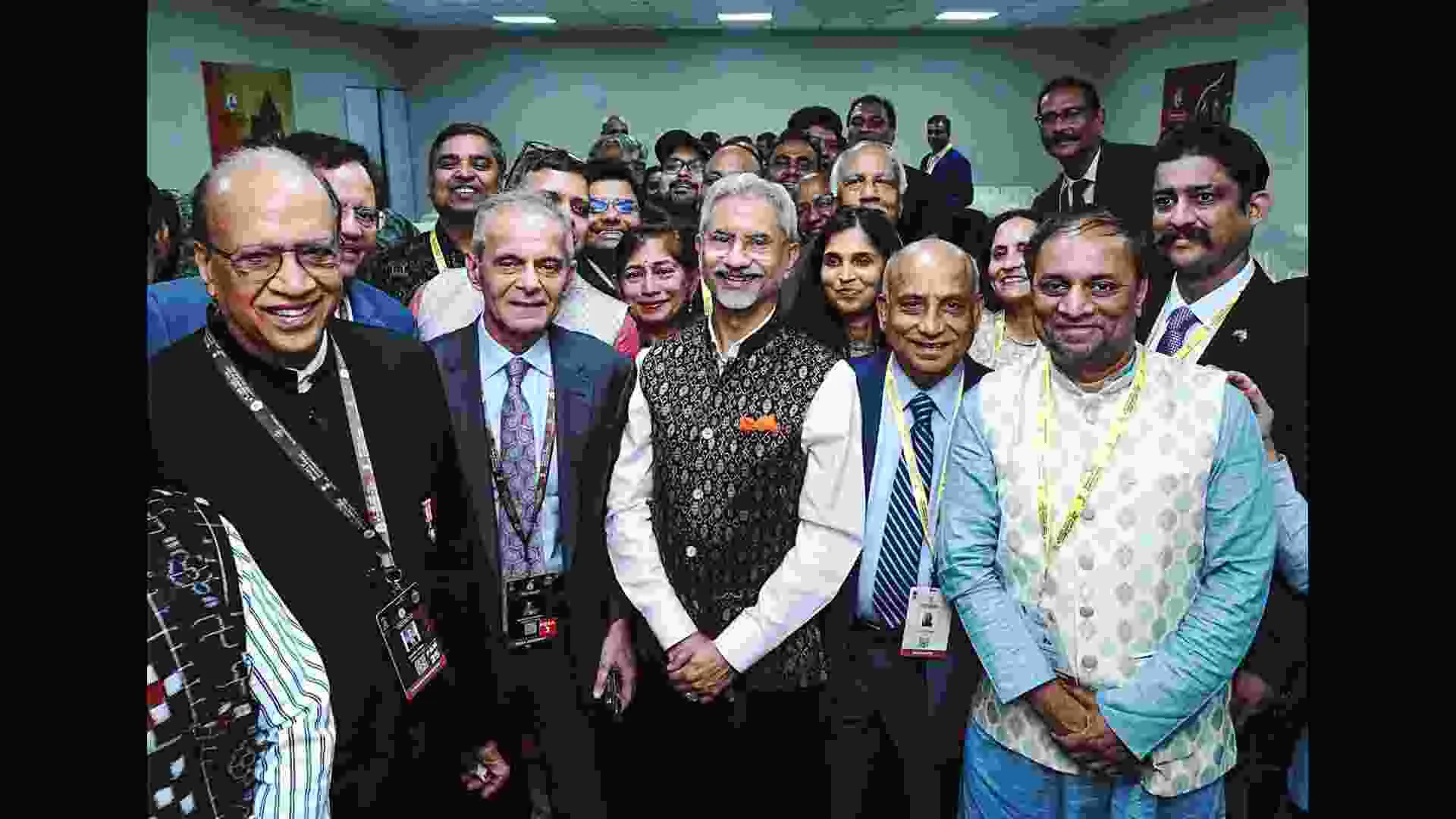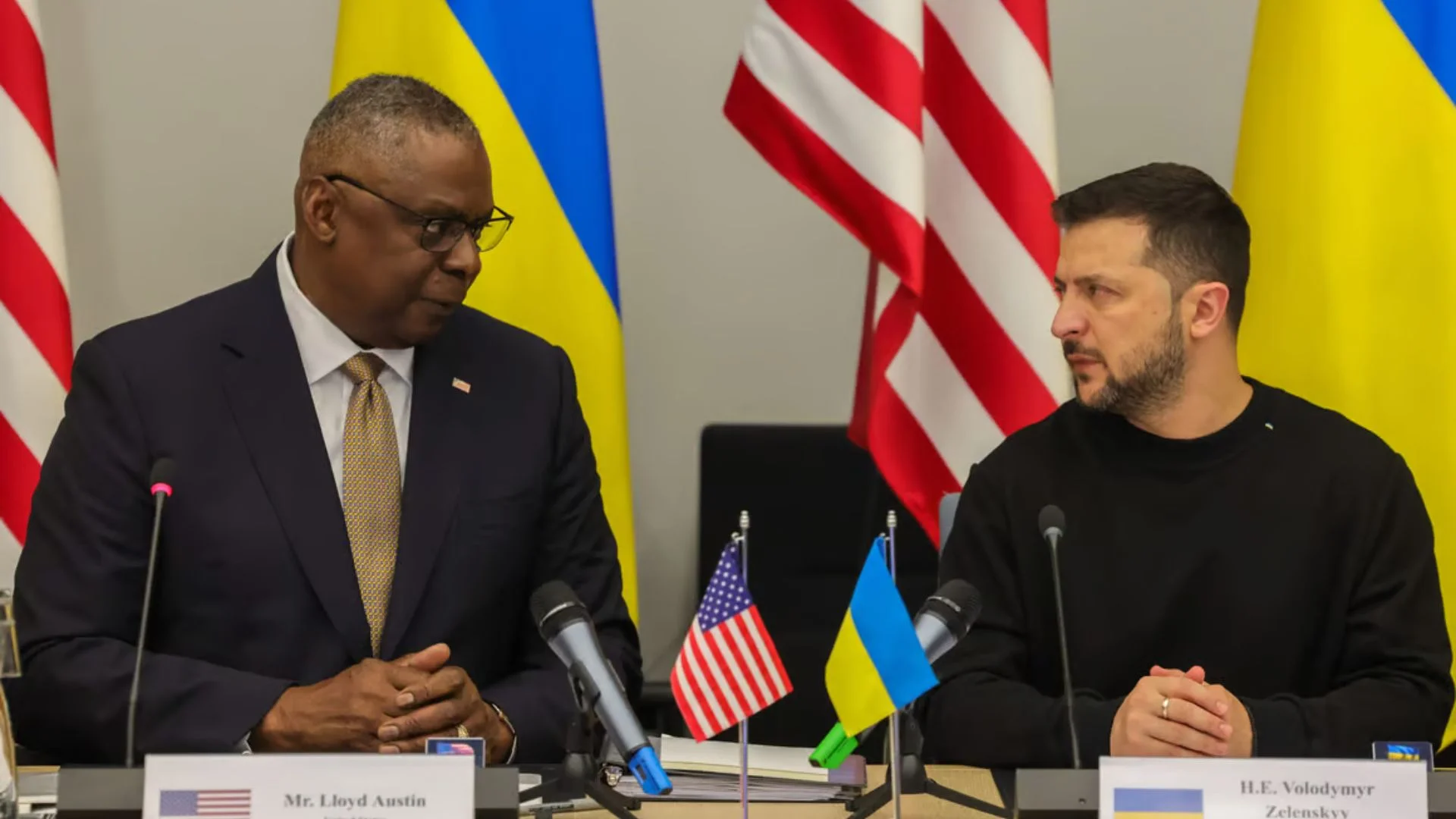‘My dream is that in 2020, the two closest nations in the world will be India and the United States. If that occurs, the world will be safer,” Joe Biden had told India Abroad in 2006. His presidential election campaign agenda also included India’s permanent membership in the UN Security Council, sustained co-action on terrorism, strengthened ties on climate change and health and increased bilateral trade.
Joe Biden has been Vice President under President Barack Obama (2008-16) and Chairman of the Senate Foreign Relations Committee previous to that. As Vice President, he advocated a robust India-US partnership that also saw the US officially declare its support for India’s membership in a transformed and expanded United Nations Security Council. India was also declared a “Major Defence Partner”, the first such country outside America’s conventional allies. Biden was also instrumental in mobilising congressional support for adoption of the Hyde Act on India-US civil nuclear cooperation.
So, how can we expect a Biden presidency turning out for India?
The best answer lies in the Biden campaign document that states, “As the world’s oldest and largest democracies, the United States and India are bound together by our shared democratic values: fair and free elections, equality under the law, and the freedom of expression and religion … a Biden Administration will also work with India to support a rules-based and stable Indo-Pacific region in which no country, including China, is able to threaten its neighbours with impunity.” There should be little doubt that Biden values a strong India-US strategic partnership.
Covid-19 has shaken global polity and shown an in-your-face rise of China. The US appears to be accepting that China is a geopolitical threat and economic rival. President Trump’s approach was basically to go at it alone, but foreign policy veteran Joe Biden is likely to work with allies and ensure a policy stance for the bridling of China. India, which was strongly backed by the Trump administration in its stand-off with China, fits in with Biden’s strategic vision, as a key global stakeholder and a trusted partner in the Indo-Pacific theatre. Military sales and an understanding of India’s compulsions to selective sourcing from Russia should also continue. Moreover, a deft handling of Iran could greatly ease India in continued sourcing of crude oil.
Biden won the presidential race, but the Democrats barely retained the House of Representatives and are shaky in the Senate. Political constraining for Biden on the domestic front, therefore, appears to be on the cards. But, internationally, much authority rests with the President and activism can be envisaged.
Climate change is also a case in point. This is likely to unite the progressives and the moderates, within the Democrats, who otherwise don’t see eye to eye on most things. Pushing clean energy, electric vehicles and re-joining the Paris Agreement will be on the cards. India strongly supports the Paris Agreement and has done very well in renewable energy. Biden may, however, challenge India to do more, and this can be an opportunity to push the “growth with renewables” agenda. There is a chance that climate finance mobilisation touches the US$ 100 billion figure, and India is well-positioned to tap that financing bucket.
India enjoys a trade surplus with the US, which has been the case for a few years. The US is India’s largest trading partner, the fifth major source of Foreign Direct Investment, and accounts for one-third of all Foreign Portfolio Investments in India. The US economy has taken a battering because of Covid, but appears poised for a major upswing. This should be a plus for India in pursuing a trade-focused agenda as it too pulls out of a debilitating slowdown due to the Covid lockdown. Although, a free trade agreement, however pleasant it sounds, continues to appear a hard sell.
On India’s part, there is a need to work towards an open Indian digital marketplace for US technology, even as we pursue aatmanirbharta. The US is facing challenges in China, and India remains the billion-users market where US tech is scaling up. India is on the fast road to digitalisation and Digital India is where Silicon Valley is investing.
Another critical area for India is US immigration laws. The Biden administration is expected to be liberal, with assurances already put out for family-based immigration and an increase in the number of visas offered for permanent/work-based immigration. Biden is also expected to reform the temporary visa system for high-skilled jobs, ease the limits on employment-based green cards, and restore the naturalization process for permanent residents.
The Democrats have some favourite hobby horses, also conditioned by their domestic support base. These include human rights and political freedoms and India needs to be prepared for strong articulation from a Biden administration, including officials with India links, on issues such as Kashmir and CAA. On the other hand, Pakistan too will feel the heat of a strong push to counter its nurture of terrorism.
Biden’s immediate focus will be Covid and revving the US economy. In foreign policy, India will be a priority and is well placed to continue the climb in its relationship with the US.
Manjeev Puri is a former diplomat and has been Ambassador of India to EU, Belgium, and Nepal, and Dy Permanent Representative at the UN. Davinder Sandhu is a former civil servant, has been Director at Prime Minister’s Office, and has represented India at the World Bank Executive Board. The views expressed are personal.
India enjoys a trade surplus with the US, which has been the case for a few years. The US is India’s largest trading partner, the fifth major source of Foreign Direct Investment, and accounts for one-third of all Foreign Portfolio Investments in India. The US economy has taken a battering because of Covid-19, but appears poised for a major upswing. This should be a plus for India in pursuing a trade-focused agenda as it too pulls out of a debilitating slowdown due to the Covid lockdown. A free trade agreement, however pleasant it sounds, continues to appear a hard sell.

